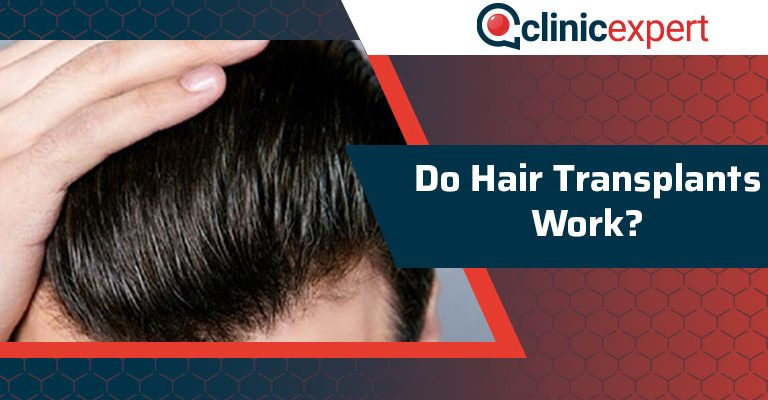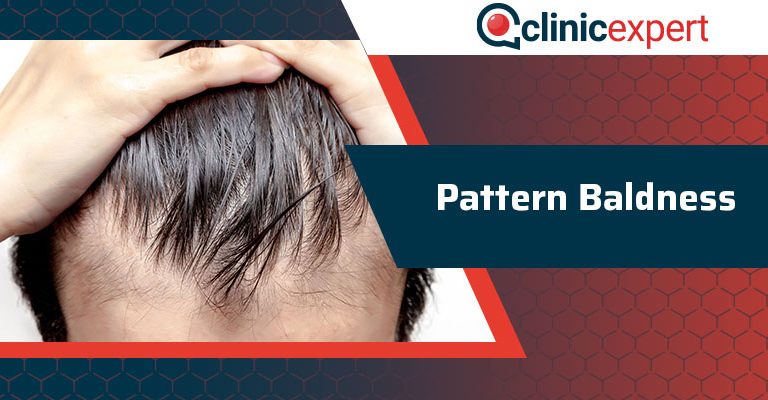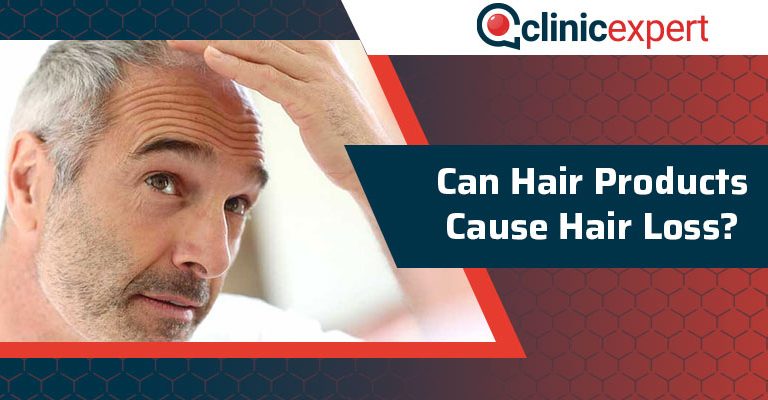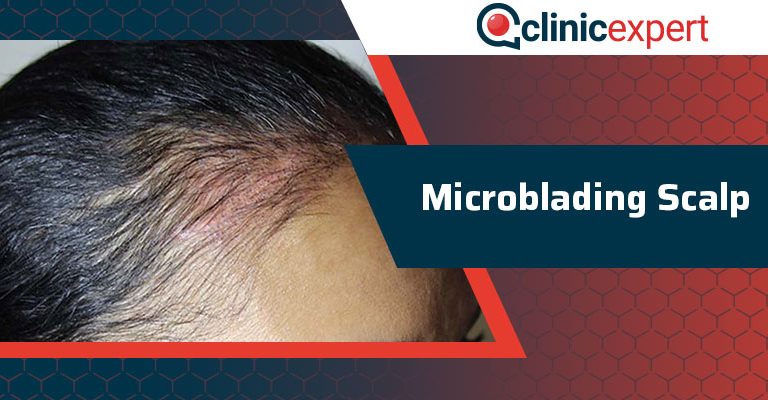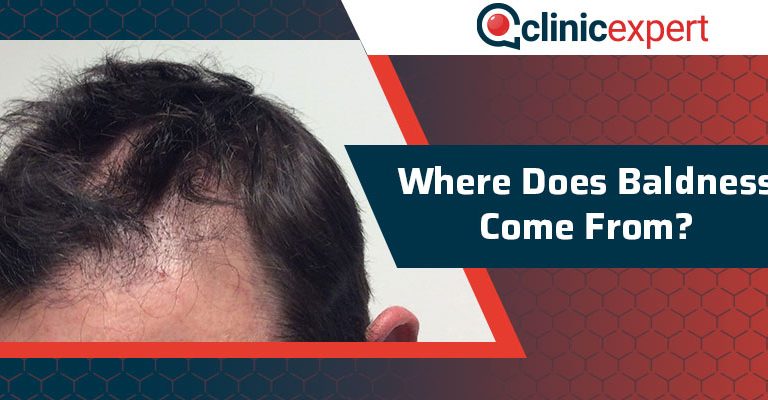Do Hair Transplants Work? Well, in a word, yes. Skin transplants use your own hair from areas of the body with more concentrated hair, usually from the back of your head. The follicular units of 1 to 4 individual hairs are then gathered from the donor site and transplanted into thinning or bald areas. A thicker head of hair is easily evident after 10 months. Many men and women with a male or female history of baldness are eligible for hair transplant.
Pattern Baldness Male trait baldness is due to male sex hormones and chromosomes. It normally fits the pattern of the receding hairline and the thinning of the hair on the crown. Each strand of hair is in a tiny hole (cavity) in the skin called a follicle. Usually, baldness develops as the hair follicle shrinks over time, resulting in shorter and thinner hair. Follicles remain alive, indicating that fresh hair can still be produced. Hair loss is the most prevalent cause of hair loss that affects all men to some level as they grow older. For a few men, this phase begins as early as the late teens. By the age of 60, most men had a degree of hair loss. Some of the men are not bothered by this. Others, however, experience considerable emotional distress due to loss of self-esteem and, in some cases, depression.
Can Hair Products Cause Hair Loss? Depending on the kinds of hair products and their ingredients, some can cause temporary hair loss. The chemicals in products that perm and dye your hair are harsh and may cause your hair to weaken, be damaged, or fall out, especially if they're not getting used correctly. If you're considering dying or perming your hair, it's best to travel to know who is going to be ready to ensure your hair’s health throughout the procedure. Shampoos, conditioners, and styling products are less likely to cause hair loss unless they need strong chemicals in them. You'll protect your hair by switching to products that use natural ingredients rather than harsh chemicals. More natural forms of hair dyes also are widely available and include fewer chemicals and harsh products which will lead to temporary hair damage and hair loss. You'll also consider washing your hair fewer days per week to let your hair rest and restore itself. Overwashing your hair might have a tendency to strip your hair of the basic oils and minerals that keep the hair healthy. If your hair follicles become weak, the hair becomes more susceptible to thinning.
Microblading Scalp Have you ever noticed more hair when you comb your hair than before? your hair isn’t solid like a ponytail when you compare your hair than before. You are not the one who struggles with this problem... Studies show that men greater tackle hair loss than women. Almost ½ of people have thinner hair. For this reason, microblading the scalp favorite technic for people who struggle with alopecia. It completely changes the appearance of your hair and looks you younger. You've probably heard about one of the ways of microblading to forehead half of tattoo eternal method. That mimics the look of real hair to have sparse eyebrows thick. Well then, last few years, we reconciled the superposable for the scalp place to recover your hair loss We collect the most useful procedures for you. Let’s look at what microblading scalp is.
Where Does Baldness Come From? Here are many misconceptions about the relationship between genetics and hair loss. One common misconception is that male hair loss is passed down from the mother's side of the family while female hair loss is passed down from the father's side; however, the fact is that the genes for hair loss and hair loss themselves are generally passed down from both sides of the family. The type of baldness might also pass generations and are completely unpredictable in terms of which siblings (male or female) might be affected. They can also have very different consequences on the siblings of the same generation. For example, if your twin brother has a hair loss, it doesn't necessarily mean that you'll also have a hair loss.

